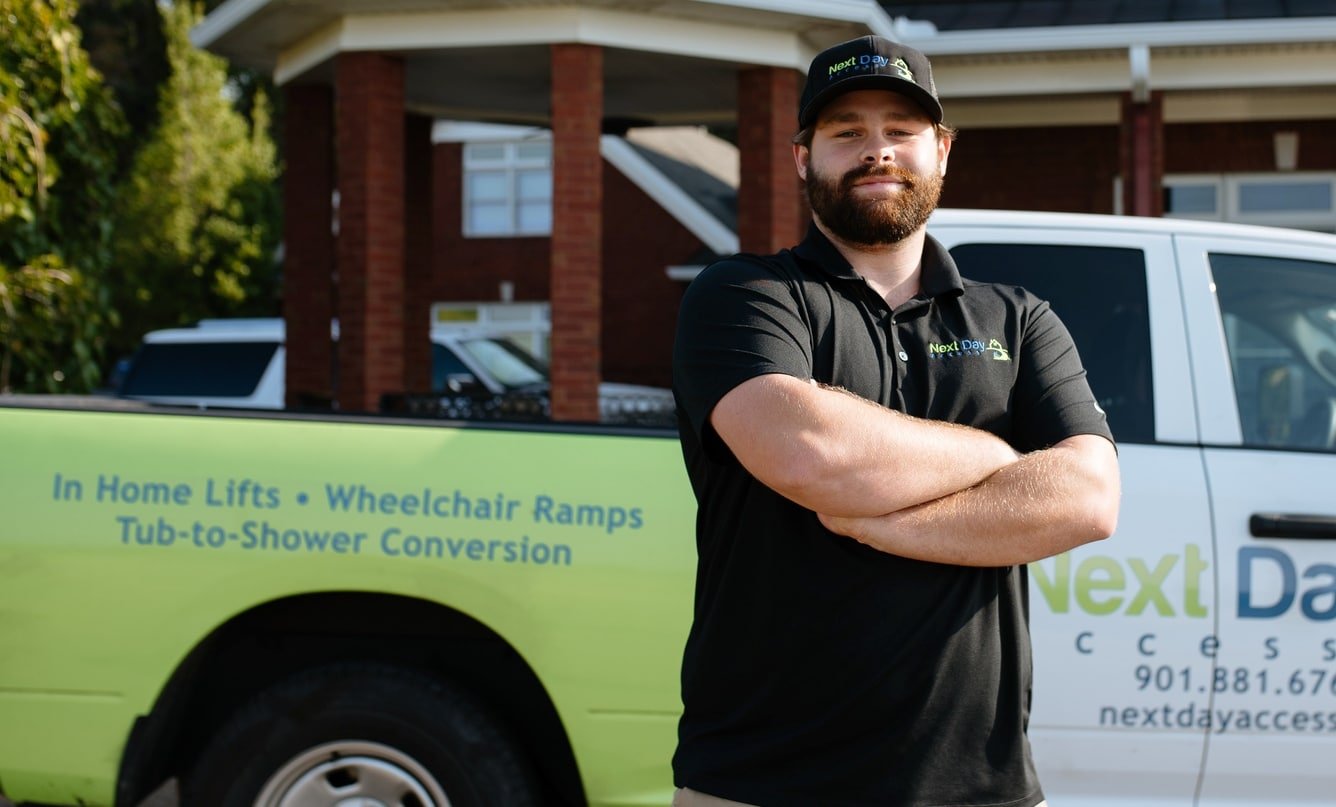
Many aging adults cannot wait for retirement. Then when retirement comes along, many often complain that they find themselves bored. Fortunately, there are many volunteer activities you can do to help you lead a more fulfilling life.
In some cases, when an aging adult has recently lost a spouse or companion, this boredom can turn into depression. A recent article in AARP describes a woman in this exact situation. Her spouse passed away, and at 81 years old, she was still vivacious and active even though her diabetes wasn’t improving.
She talked of how she soon developed depression and began looking for a way to improve her situation. After looking at different available options, she decided to start volunteering. She researched available volunteer opportunities in her community using the Corporation for National Community & Service resource.
She states that once she began volunteering, it gave her a new lease on life. She felt essential to those she helped and began to enjoy life again.
This woman is one of the millions of aging adults, age 65 and older, who transformed their life by volunteering. There is something for everyone.
According to the Corporation for National Community & Service, some of the most popular volunteer activities for aging adults include:
- Making or collecting blankets or clothing.
- Mentoring youth or young couples.
- Teaching a trade or skill, or even working with individuals learning to read by teaching them.
- General labor including cleaning up portions of a street or park, working with Habitat for Humanity, and helping build homes.
- Fundraising for various charities.
- Serving, preparing, or distributing food to sheltered adults or low-income families.
The list above is just a few examples of how aging adults choose to volunteer. It seems that volunteering is not only about helping others, but, in many ways, it also helps the volunteer.
Why Aging Adults Should Consider Volunteering
According to multiple studies aging adults who volunteer even tend to live longer. It turns out that volunteering has mental, physical, and social benefits for those that choose to volunteer.
Social benefits
Aging adults tend to isolate themselves. According to AARP, studies estimate that 17% of Americans aged 55 and older feel isolated from society. When we separate ourselves, we could have a greater likelihood of developing an illness. It takes courage but pulling yourself out of isolation can be very beneficial for physical and mental health.
Physically good for you
When you volunteer, you are getting out and being far more active than sitting at home. Inactivity, as you age, promotes the advancement of serious illnesses such as heart issues, joint pain, bone loss, and more.
Help give back to the community
Of course, giving back to the community seems the most obvious benefit, but currently, many communities have been harshly affected by bad weather, Covid, job loss, and more.
Many people are struggling and being able to help even one person means a lot to the community as it is often a trickle-down effect. Once people get back on their feet, they can help others, and so on. You may never know the impact you have while volunteering!
Find the Right Accessibility Solution Fast
Reach out to a location near you today for a custom quote!
Contact Next Day Access today for reliable mobility solutions backed by responsive, expert installation. Enter your ZIP code or postal code to find a location near you and take the first step toward a safer, more accessible space.

Find the Right Accessibility Solution Fast
Reach out to a location near you today for a custom quote!
Contact Next Day Access today for reliable mobility solutions backed by responsive, expert installation. Enter your ZIP code or postal code to find a location near you and take the first step toward a safer, more accessible space.
